Wojciech Alaborski
Nascimento : 1941-09-23, Drohobycz
Morte : 2009-04-05

Lumbard
Filme retrata o desastre em Marcinelle, mostrando a incompetência e até descaso das autoridades. Ocorreu na manhã de 8 de agosto de 1956 na mina de carvão do Bois du Cazier em Marcinelle , na Bélgica . Um incêndio causado pela queima de óleo de alta pressão desencadeada por uma faísca elétrica. O fogo iniciou no duto de ar principal, encheu toda a instalação subterrânea de fumaça, causando a morte de 262 pessoas dos 275 presentes, principalmente emigrantes italianos . O acidente é o terceiro em número de baixas entre italianos no exterior após os desastres de Monongah e Dawson.
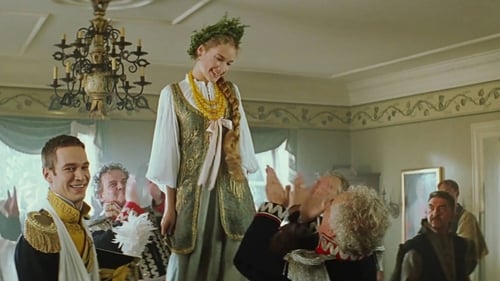
A grand and patriotic tale of Poland's struggle for freedom just before Napoleon's war with Russia. Written in poetic style by Adam Mickiewicz, this story follows two feuding Polish families as they overcome their old conflicts and petty lives. However, they are able to unite as one with their patriotic and rebellious efforts to free the country they deeply love from Russian control.

(voice)
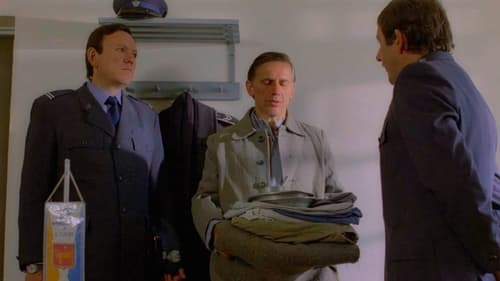
Czesio, kapitan z Wydziału Przestępstw Gospodarczych
Partly thriller, partly dark comedy, the tagline of this film announce that any resemblance to real-life characters and situations were completely intentional. This had the audience guessing who the main characters were supposed to represent: those biznismeni and post-socialist yuppies who after 1989 teamed up with their former enemies to exploit Poland ruthlessly.
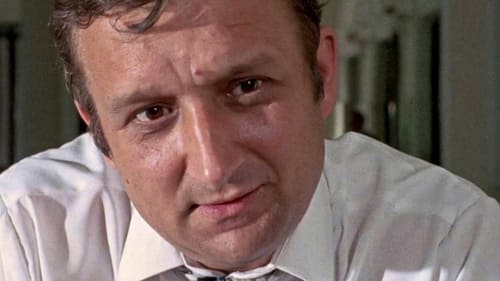
Rysio, szef wiceministra

Dziennikarz Aureli, znajomy Siedleckiego
A Polish writer is arrested by the Nazis in 1942 and sent to the notorious Pawiak prison in Warsaw. He will spend the next 111 days fighting for survival.
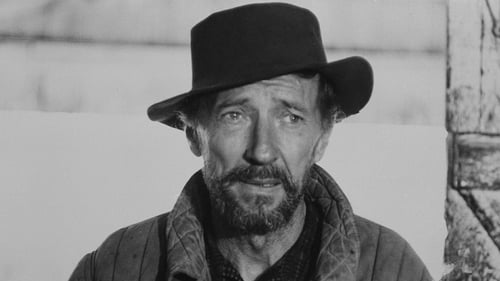
Kowal
An odd couple of old people lead their simple lives close to nature. The man is an amateur constructor and his goal now is to build a small river dam to produce electricity for his country house.
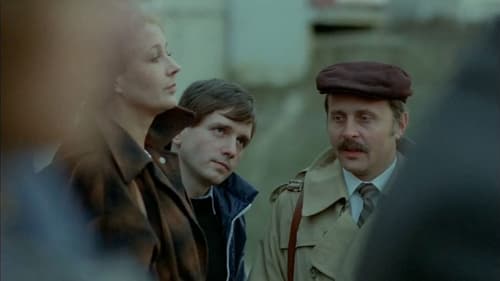
Wasiak
A young architect is locked up in prison. He recalls his uncompromising youth and gradual sliding into the moral swamp of compromises. He was not alone. A group of his friends, dreamers and glass house builders, accompanied him.
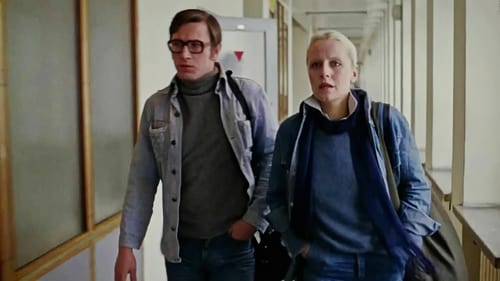
personalny
Um trabalhador comum que se torna um “homem de ferro” forjado pela experiência, um filho que faz as pazes com seu pai, um casal que se apaixona, um repórter buscando coragem para mudar sua vida e uma nação inteira passando por duras mudanças. Esses são os ingredientes deste filme de Andrzej Wajda, continuação de o “Homem de Mármore” (1977). Na Varsóvia de 1980, o Partido Comunista envia Winkel (Marian Opanian), um repórter alcoólatra e frágil, até o distrito de Gdansk, para descobrir os podres que estariam por trás das greves nos portos. Um dos focos principais dessa investigação seria o jovem Maciej Tomczyk (Jerzy Radziwiłowicz), um articulado trabalhador cujo pai foi morto durante os protestos de Dezembro de 1970. Fingindo interesse e simpatia, Winkel entrevista diversas pessoas que conhecem Tomczyk, incluindo sua esposa, a presidiária Agnieszka (Krystyna Janda). Ao fazer isso, Winkel se depara com uma realidade diferente da que ele imaginava.

Gustaw Małachowski
Most important events of November Uprising in Poland.

Żak
A few hours before the official visit of the communist party representative, the management of the visited factory learns about it. Everything must be prepared to show the guest how well the place is being managed.

Henryk Dulęba
A film about the life and activities of the Polish revolutionary Ludwik Waryński. In his memoirs, Ludwik returns to his student years in St. Petersburg, to Warsaw, to Krakow, where he was arrested and put on trial. After the end of the process in Krakow, Waryński leaves for Geneva, where he meets with Russian revolutionaries. In 1881, he returned to his homeland and created the first party of workers in Poland...

Wiesiołowski
1846. Edward Dembowski takes part in the Krakow Uprising.
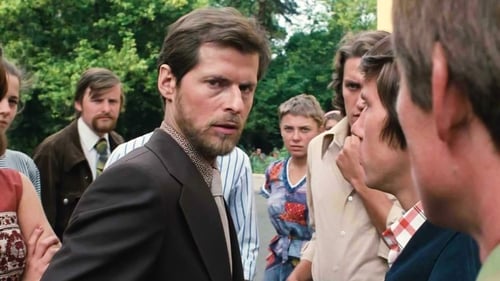
Kiszewski
Um retrato dramático e perversamente subversivo do tenso conflito entre alunos e professores em um curso de verão de linguística. Krzysztof Zanussi oferece uma crítica sutil, mas forte, à política do Partido Comunista e da precariedade do sucesso em uma sociedade socialista.
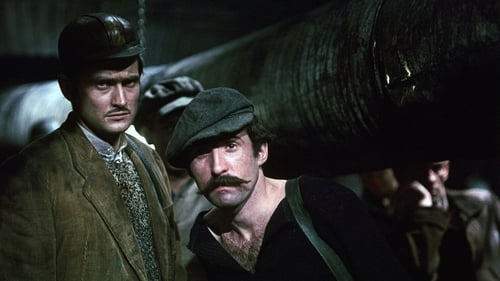
Major Suchanek
Film set during the Silesian Uprising in the 1920's. The German owners of a mine decide that it is unprofitable and want to close it by flooding it. The miners go on strike.









